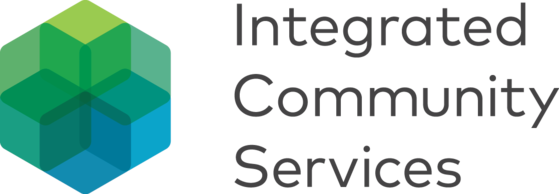Disability is a subject that is often overlooked when people talk about the needs of our community. However, what many people don’t realize is that disability is intertwined with many other urgent concerns facing Marin. Here are some examples of heavy-hitting issues and how they relate to disability, as well as how ICS is making an impact.
Education
- The lack of funding for special education classes in our school system is creating an education gap for individuals with disabilities. This leads to long-term issues as they seek employment and independence.
- At ICS, we fill that gap by building practical skills that some people may take for granted. These skills empower our clients to become independent, autonomous, critical thinkers.
- Independent Living Skills training focuses on education around every day activities, from grocery shopping to signing your first lease.
- Our Employment Services teach people how to find work, and how to be successful in that work. Our job-training programs, such as GEM, build skills like communication and teamwork, which are crucial to an individual’s success in their career.
Homelessness
- Over 50% of individuals who are homeless have a disability.
- Mental health diagnoses often go untreated, which can lead to homelessness and incarceration.
- By supporting mental health programs, you are directly impacting homelessness. Finding and maintaining employment, as well as building positive habits, helps to break the cycle of homelessness.
- A quarter of ICS’ mental health clients have experienced homelessness, but we have seen tremendous success in our programs keeping these individuals from relapsing.
Youth
- We all know the challenges that young adults face as they prepare for college or begin looking for work. Young adults with disabilities face even higher barriers to employment and education, and many of these students and their families are unaware of the resources that exist for them.
- 1 in 10 students k-12 have a disability: this is a huge percentage of the population, but it is often overlooked.
- ICS can provide support for these young adults by developing life skills such as cooking and doing laundry, as well as securing internships and jobs that will build their career.
- This will lead to integrated young adults who are ready to live independently- a goal shared for all transitional age youth.
What’s in it for you?
- Most adults with disabilities are receiving benefits and living in isolation which impacts the community as a whole. ICS works with people with disabilities to focus on how they can contribute back to their community as equal members- whether that’s building a career that moves them off benefits or getting them involved in volunteering for other nonprofits and causes that are in need.
- For employers, tapping into this workforce means higher attendance and retention rates, employers that hire people with disabilities are not only bringing in more diverse employees, they are also bringing in more profits with the lack of turn over and long term training needs that employees with disabilities bring to their jobs.

